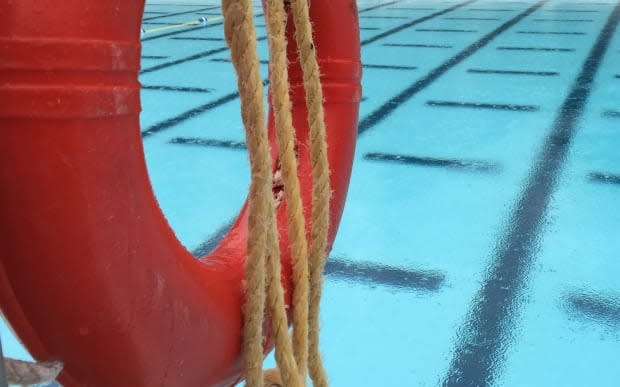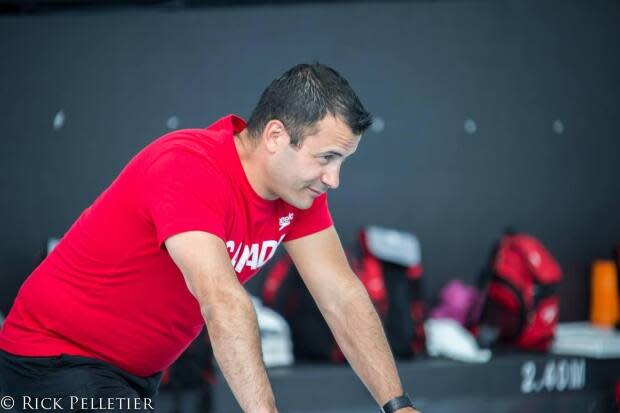Regina recreation facilities were open for top athletes only for weeks

Regina's indoor recreation facilities and pools have been closed for one-and-a-half months, but some residents have quietly been allowed to use them despite the shut down.
The city officially reopened its indoor recreation centres on Monday. Some top athletes, however, have been training there for weeks while the public has been kept out.
"The city received a request several weeks ago for high performance athletes to use city facilities to prepare for upcoming Olympic/Paralympic trials/international competitions," said the city in a written statement.
"The city agreed that it was appropriate to continue training for these athletes to support their extraordinary commitment to represent Regina and Canada on the international stage."
One of the reasons why Regina granted special permission to some athletes was the recommendation in March to avoid travelling, according to the city, which prohibited training elsewhere.
With COVID-19 and coronavirus variant cases on the rise two months ago, the Saskatchewan government then introduced special public health measures for Regina and area.
Restaurants, event venues, libraries and recreational facilities had to close.
City only communicated with groups affected, not general public
Eventually the city allowed around 30 high performance athletes to use the Sportplex for training, said Bobbie Selinger, manager of Community & Recreation Programs.
"There was significantly reduced capacity," she said.
"There was only one group, for example, allowed on the Lawson [Aquatic Centre] and then only one group allowed on the Fieldhouse ... at the same time."
When asked why the city didn't tell all residents about the special permission for high performance athletes, Selinger said the request only impacted a small number of people.
"We communicated directly with user groups and their respective sports governing bodies," she said.
"There was no intention to keep it from the public."
Special permission important for potential Olympic and Paralympic athletes
Some athletes preparing for the Olympic trials were worried when the shut down was announced, said Abderrahmane Tissira, head coach of the Regina Optimist Dolphins Swim Team.
Getting permission to train at Lawson Aquatic Centre allowed the swimmers to practice in the city's only 50-metre pool, which has the same length as Olympic-sized pools.
"They're really grateful, and we had a really good six week block of training," said Tissira.
"We are really happy that the City of Regina kept the door open for our four athletes."

According to Tissira, the club had zero COVID-19 transmissions since they started swimming again in June 2020.
Training hard for major races such as the Olympic trials in June is important for the swimmers' future, said the head coach.
"It's like a job," he said.
"For some, they train, you know, four years to be able to perform at that level at the Olympic trials.... The next one will be in 2024, so it's not like something you can do every year."
One of Tissira's athletes is University of Regina student Brendan Van Herk, who will race at three events at the Olympic trials in Toronto.
"I'm feeling much more confident with my abilities and where I'm at with my training right now," said Van Herk.
Swimming requires a lot of practice, he said, and even though he loves the sport it's also like a career for him.
"In a regular week, we'd be getting upwards of 20 hours a week of training in, and cutting that down to like even half can be pretty detrimental to our performance," said Van Herk.

 Yahoo Movies
Yahoo Movies 